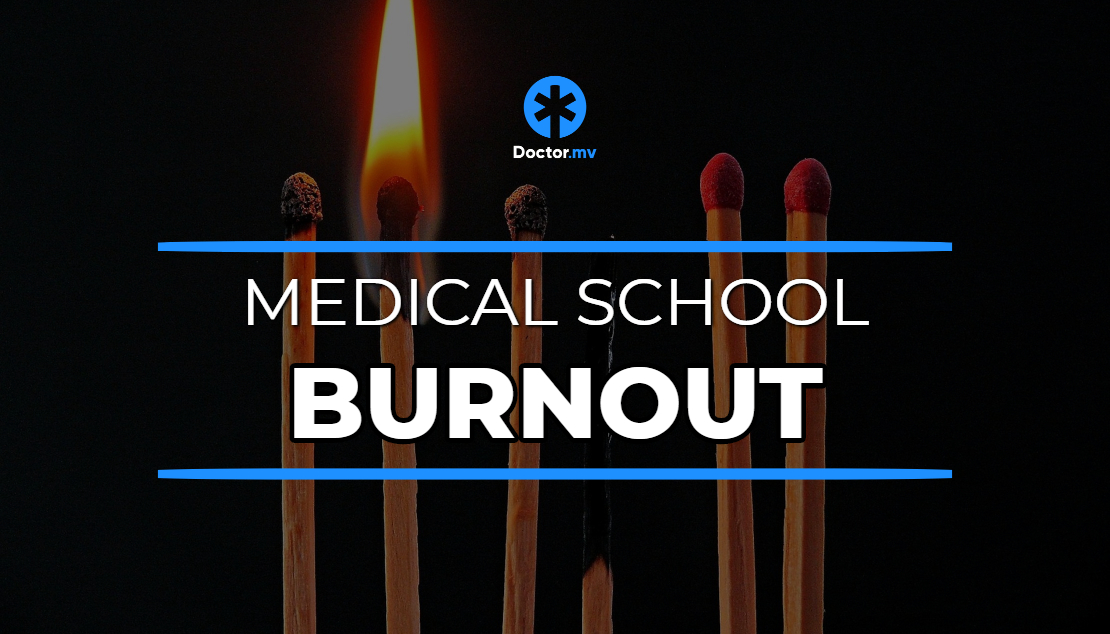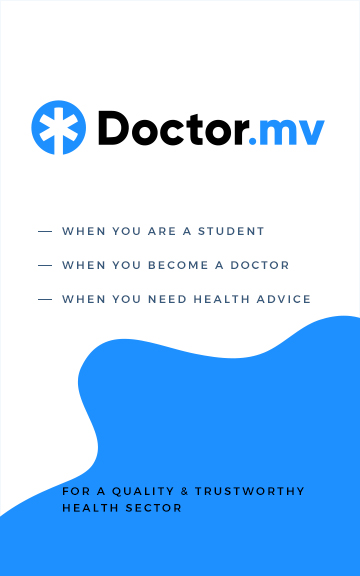
Medical school burnout is a worrisome crisis that plagues the medical field. A study in the Annals of Internal Medicine found that about 50% of students experience burnout.
The high expectations and stress of becoming a medical doctor can be great. It causes students who have not yet joined the profession to be demotivated, fatigued and detached from patients.
This narrative explores what medical school burnout is, the causes, associated warning signs, how it affects the student life and ways to tackle burnout.
What is Medical school Burnout?
Medical school burnout is a state of emotional, physical, and mental exhaustion. This is commonly due to prolonged and excessive stress associated with being in medical school. It may ensue when you feel overwhelmed, emotionally and physically drained, and incapable of meeting constant demands.
As the stress builds up, you begin to lose interest and motivation for medical school. Thus blurring the lines of your choice to do medicine in the first place.
Researchers put forward two tenets that explain the manifestation of burnout in medical students. They believe that medical school burnout comprises of two phases; the neurological and the physical phase.
The neurological phase occurs over time with added stress. As a student becomes emotionally and mentally drained, it causes a decrease in interest and enthusiasm. Students start to experience fatigue, tiredness and even depressive symptoms. This phase then acts as the gatekeeper for the physical phase.
The physical phase is debilitating and is an indicator of severe burnout.
Causes of Medical school Burnout
Pointing out a single cause of medical school burnout may be hard to do, as the condition takes into constellation different factors.
One of the most extensively researched causes includes long hours students have to commit to school on a daily basis. Feeling the pressures of a hectic study schedule can result in students missing out on important social or family events. Relationships can become strained and even broken if a medical student isn't encouraged to find a more flexible schedule.
Also, it is seen where a lot of medical students can’t afford to pay for their tuition out of pocket. Hence, they take out an exorbitant amount of loans. It can be stressing to be in so much debt as a student. There are little means of acquiring a job while in medical school to offset some of the balance.
Another important cause of medical school burnout is the disbelief that medical students and doctors do not experience depression and anxiety. Based on this premise, students can feel alienated and alone in their struggle with mental illness. However, identifying that mental illness can occur in anyone, even in doctors, is a good start in creating a conducive environment for students to talk about their mental issues.
Finally, but probably the hardest cause to correct, is the unattainable expectations that medical students have to deal with. Many students have extremely high expectations from their families, professors and most importantly themselves. It can cause them to feel "not good enough" or inadequate. With this amount of pressure, students normally start to experience symptoms of burnout much earlier.
It should be noted that medical school burnout has its origins in stress. It’s a slow process that takes years to develop. The problem though, is that once it takes effect, it is hard to fight.
As such, it is important to be aware of the symptoms of medical school burnout, so that when one starts experiencing them, they can be dealt with in the early stages.
Symptoms of Medical school Burnout
The symptoms of burnout include:
a decline in passion for medical school
long term fatigue
the inability to learn and retain new information
being unwilling to study for tests
decline in academic performance
Medical school burnout can affect student's lives in two areas, personal and academic.
Research has shown that in an effort to navigate the undulating turns in the medical school journey, students are more likely than the general population to resort to substance abuse. This premise holds true, as it is widely accepted that medical school burnout is associated with depression, anxiety, and sleeplessness.
In addition, medical students are almost always engrossed in studying, leaving little or no time at all for family and friends. This causes relationships to become superficial and broken. And takes away the social support needed by a student during the journey to becoming a doctor.
On another note, burnout experienced by students greatly impact their academic performance. Students become apathetic towards school and learning, thus reducing time spent doing quality studying. This causes low-grade attainment and even failure.
How to get Rid of Medical school Burnout
Ensure That You Get Quality Sleep
The phenomenon of medical school burnout is associated with stress. Stress that lessens the length of sleep and also increases the number of times during the night that you awaken.
In a study done to evaluate the effects of medical school burnout, it was found that there was an 80% link between insomnia and medical students. Thus, in properly addressing the issue of burnout, individuals should at least try to normalize their sleep schedule by going to bed around the same time daily.
Also, students can utilize additional therapies like special lighting and music while they sleep to aid in a richer sleep experience. These methods will undoubtedly help with the tiredness and lack of motivation felt during the day.
Having a Solid Support System
Having a group of people who can provide physical and emotional comfort is invaluable and priceless. As mentioned before, doctors and medical students alike, need people whom they can depend on during both good times and the bad.
Medical school burnout is often times related to students alienating themselves from family and friends, which breaks these relationships, leaving the student alone.
In an effort to tackle this problem, medical students should make sure that they keep in touch with their families so that they at least feel connected and supported by someone.
In addition, having friends to vent and talk to about how your day went is vital. This is because being in the medical profession can cause emotional exhaustion.
Exercise Regularly
Countless studies have shown that getting enough exercise offers a number of physical and mental benefits. Not only does regular exercise help reduce stress, but it also boosts your mood, improves your overall health, and enhances your quality of life.
By making a schedule for your exercise routine and sticking to it is an essential step in dealing with medical school burnout.
Practice to Think Positively
While experiencing burnout, individuals may easily fall into the cyclical trap of thinking cynical thoughts. However, this difficulty can be battled by doing daily affirmations, which focuses the mind on positive statements. This frames the architecture for a positive outlook on life.
In addition, small achievements should be celebrated which helps to rediscover joy, passion, and motivation for school and learning.
Going On Vacation
This is probably the most significant remedy for treating medical school burnout. Going on vacation gives you time away from school to just de-stress and relax.
Also, having time away helps you to reassess your personal goals, as burnout out can occur when medical school is out of alignment with your own values.
Conclusion
In retrospect, the road to becoming a doctor is not an easy one. The journey is filled with a lot of difficulties rooted in stress that may leave you mentally, emotionally and physically exhausted.
It is difficult to fight the effects of burnout once it has already started and so it is vital to pay attention to its warning signs.
These include a decline in passion for medical school, long term fatigue, the inability to learn and retain new information, being unwilling to study for tests and a decline in academic performance.
However, although difficult, burnout in medical school can be combated through sleeping, exercising, learning how to think positively and taking time off to go on vacations!
What are your experiences with Burnout?



Leave a comment
0 Comments